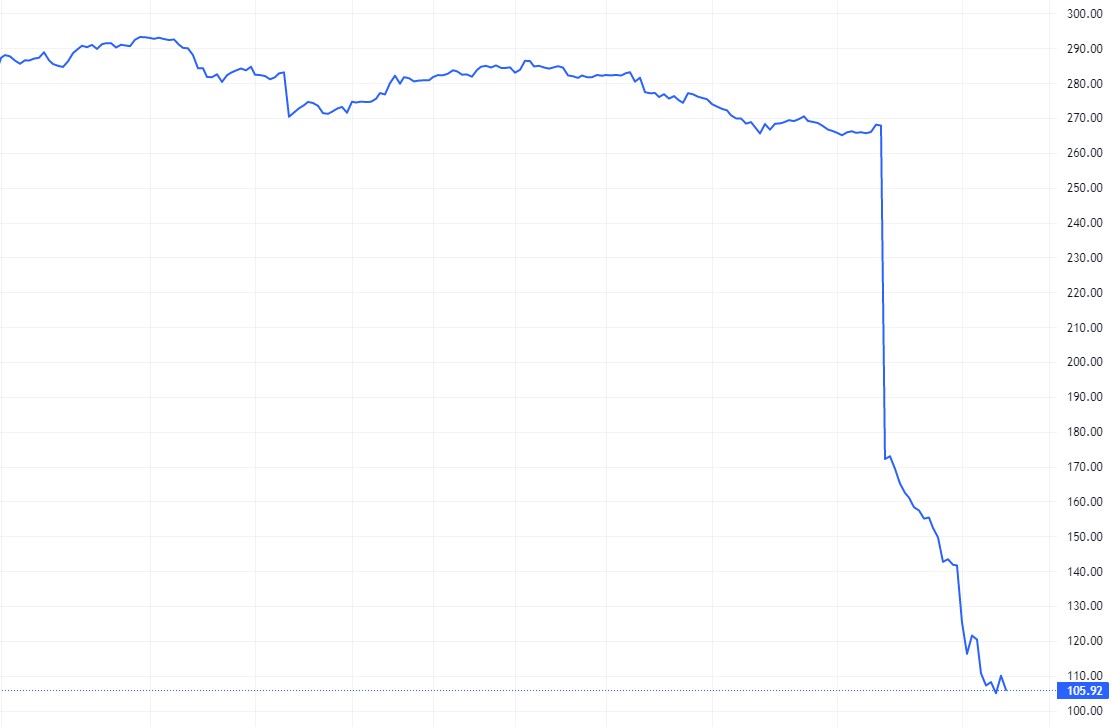"Breaking Down NPCI's Recent Circular: What It Means for Customers"
Short Answer: No Charges for UPI transactions for customers such as ourselves.
To Understand the announcement thoroughly & in simple terms, please read the following 🧵👇
#npci #UPIcharges #UPIPayments
Short Answer: No Charges for UPI transactions for customers such as ourselves.
To Understand the announcement thoroughly & in simple terms, please read the following 🧵👇
#npci #UPIcharges #UPIPayments

1)What are UPI and NPCI?
It is a technology/system that allows users to link more than one bank account in a single smartphone app & make fund transfers without having to provide an IFSC code or account number.
NPCI is an organization that launched UPI.
It is a technology/system that allows users to link more than one bank account in a single smartphone app & make fund transfers without having to provide an IFSC code or account number.
NPCI is an organization that launched UPI.
2) What does the NPCI circular say?
The recent NPCI circular only talks about transactions using Prepaid Payment Instruments(PPI).
Think of PPI as a digital wallet like your Paytm Wallet.
This rule does not affect transactions made through banks using UPI.
The recent NPCI circular only talks about transactions using Prepaid Payment Instruments(PPI).
Think of PPI as a digital wallet like your Paytm Wallet.
This rule does not affect transactions made through banks using UPI.
3) What was the rule before?
It was not possible for us to utilize any QR code to transfer funds from our payment wallet
If you are using Paytm wallet then transactions from wallet can only be done if merchant has Paytm QR code. If QR is of PhonePe, transaction will not happen
It was not possible for us to utilize any QR code to transfer funds from our payment wallet
If you are using Paytm wallet then transactions from wallet can only be done if merchant has Paytm QR code. If QR is of PhonePe, transaction will not happen
4) What is the rule now?
It is now possible to scan any QR code and perform transactions using any payment wallet.
Example- With the money in your Paytm wallet, you can now make payments at a merchant's shop without worrying about which QR code the merchant has.
It is now possible to scan any QR code and perform transactions using any payment wallet.
Example- With the money in your Paytm wallet, you can now make payments at a merchant's shop without worrying about which QR code the merchant has.
5) What is the guideline on the fees applied on transactions involving wallet(PPI)?
The fee is called Interchange fee to cover the cost of accepting, processing, and authorizing transactions.
The fee will only be applicable on transactions of over ₹2,000.
The fee is called Interchange fee to cover the cost of accepting, processing, and authorizing transactions.
The fee will only be applicable on transactions of over ₹2,000.

This interchange fee will be up to 1.1% depending on where the transaction is happening.
There will be a fee of 0.15% to load money into your payment wallet.
Example- If I load INR 3000 to Paytm from my HDFC Bank account, then Paytm to pay 0.15% of 3000 as a fee to HDFC Bank.
There will be a fee of 0.15% to load money into your payment wallet.
Example- If I load INR 3000 to Paytm from my HDFC Bank account, then Paytm to pay 0.15% of 3000 as a fee to HDFC Bank.
6) Will this interchange fee impact you?
No, this interchange fee will not impact payments made through UPI to individuals such as friends, family, merchants, or their bank accounts.
No, this interchange fee will not impact payments made through UPI to individuals such as friends, family, merchants, or their bank accounts.
7) If not you, who will pay these charges?
To illustrate, suppose you use a digital wallet to make a payment at a retail store using Paytm QR codes. In this scenario, the merchant would be responsible for paying an interchange fee to Paytm.
To illustrate, suppose you use a digital wallet to make a payment at a retail store using Paytm QR codes. In this scenario, the merchant would be responsible for paying an interchange fee to Paytm.
The payment structure is similar to the credit card payment model, in which merchants bear the cost of payment processing services.
Thank you for taking the time to read my thread and engage with my content!
If you liked the thread, consider following my Twitter account @Abhishe27960014 for more updates and insights.
Your support is greatly appreciated.
If you liked the thread, consider following my Twitter account @Abhishe27960014 for more updates and insights.
Your support is greatly appreciated.
• • •
Missing some Tweet in this thread? You can try to
force a refresh

 Read on Twitter
Read on Twitter






